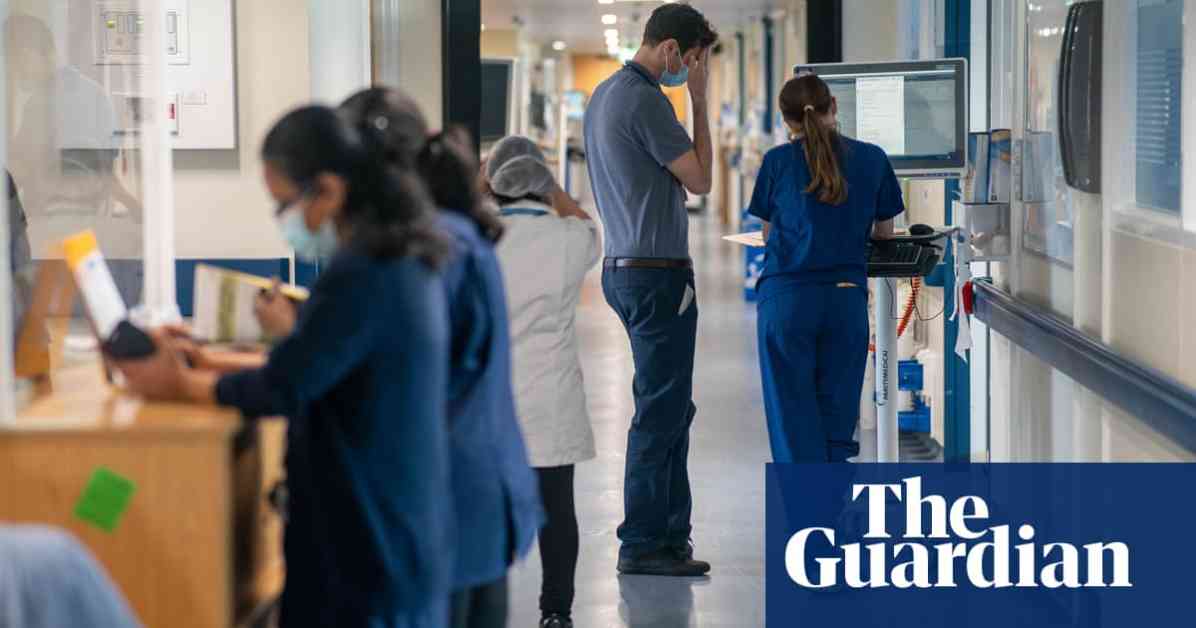The NHS is in line to receive a 4% budget increase next year, which could mean an additional £7bn for the health budget in England. While this increase is higher than expected, NHS chiefs are concerned that it may not be sufficient to address the significant care backlog and increase in appointments promised by Labour. There are worries that after accounting for staff pay rises, the actual impact on waiting lists may be minimal.
Despite the potential cash injection, there are doubts about whether this funding will be enough to address the longstanding issues faced by the NHS. NHS bosses are cautious in their optimism, acknowledging that the 4% increase is more than anticipated but may not fully address the service’s financial needs.
The Treasury’s efforts to address the public finance deficit have led to increased funding for the NHS, but there are concerns that this may not be enough to make a significant dent in the care backlog. While ending industrial actions such as strikes by junior doctors is a step in the right direction, it may not be sufficient to address all the challenges faced by the NHS.
Experts have warned that failing to provide the NHS with the historical 3.8% annual funding increase could jeopardize the service’s ability to meet Labour’s ambitious targets. The 4% real-terms increase proposed may not be adequate to deliver on promises of additional appointments and improved care.
Ministers are aware of the public’s prioritization of addressing long wait times and restoring the NHS to full functionality. Additional capital funding is also needed to address infrastructure issues within the NHS, such as aging equipment and facilities at risk of failure.
While increased funding is a positive step, there are calls for emergency cash injections to address immediate challenges faced by the NHS. Hospital trusts are preparing for a potentially difficult winter, with concerns about a surge in demand due to flu, Covid, and RSV cases.
In conclusion, while the proposed 4% budget increase for the NHS is a step in the right direction, there are lingering concerns about whether it will be sufficient to address the service’s longstanding challenges. Additional funding may be needed to address immediate issues and prevent a potential crisis in the coming months.












